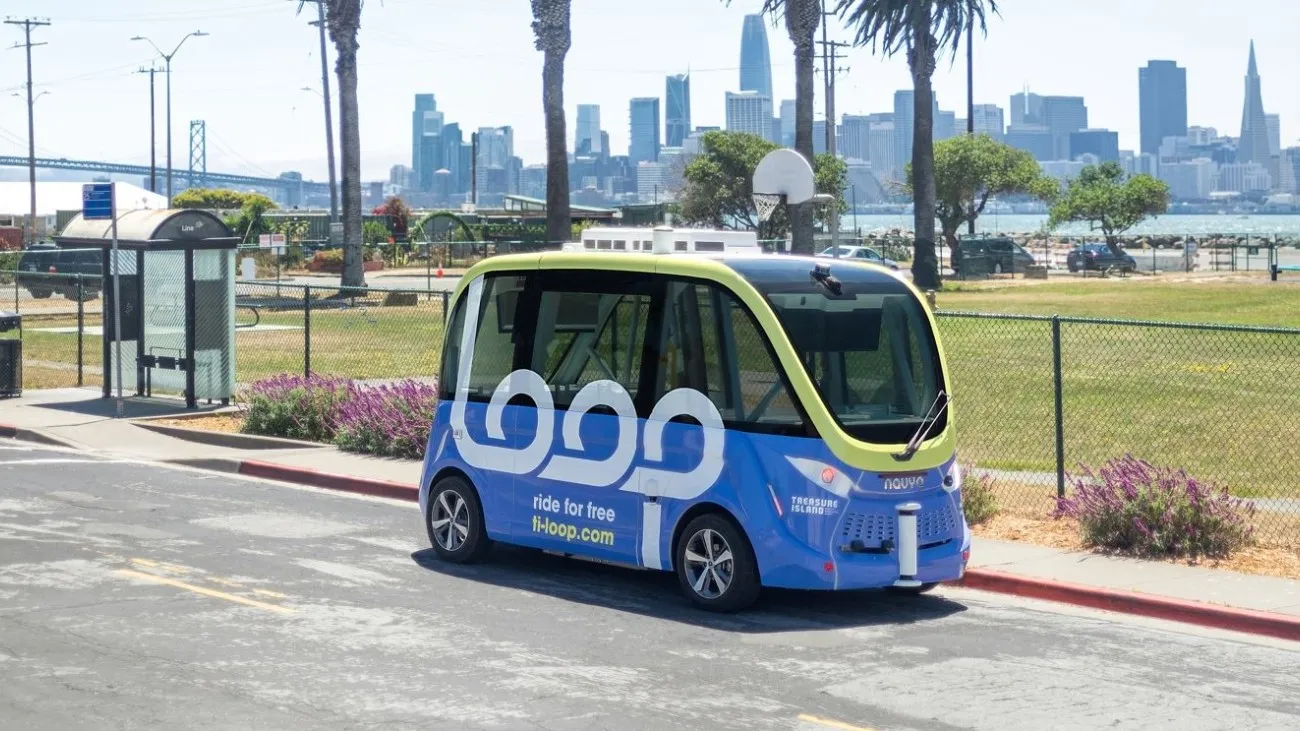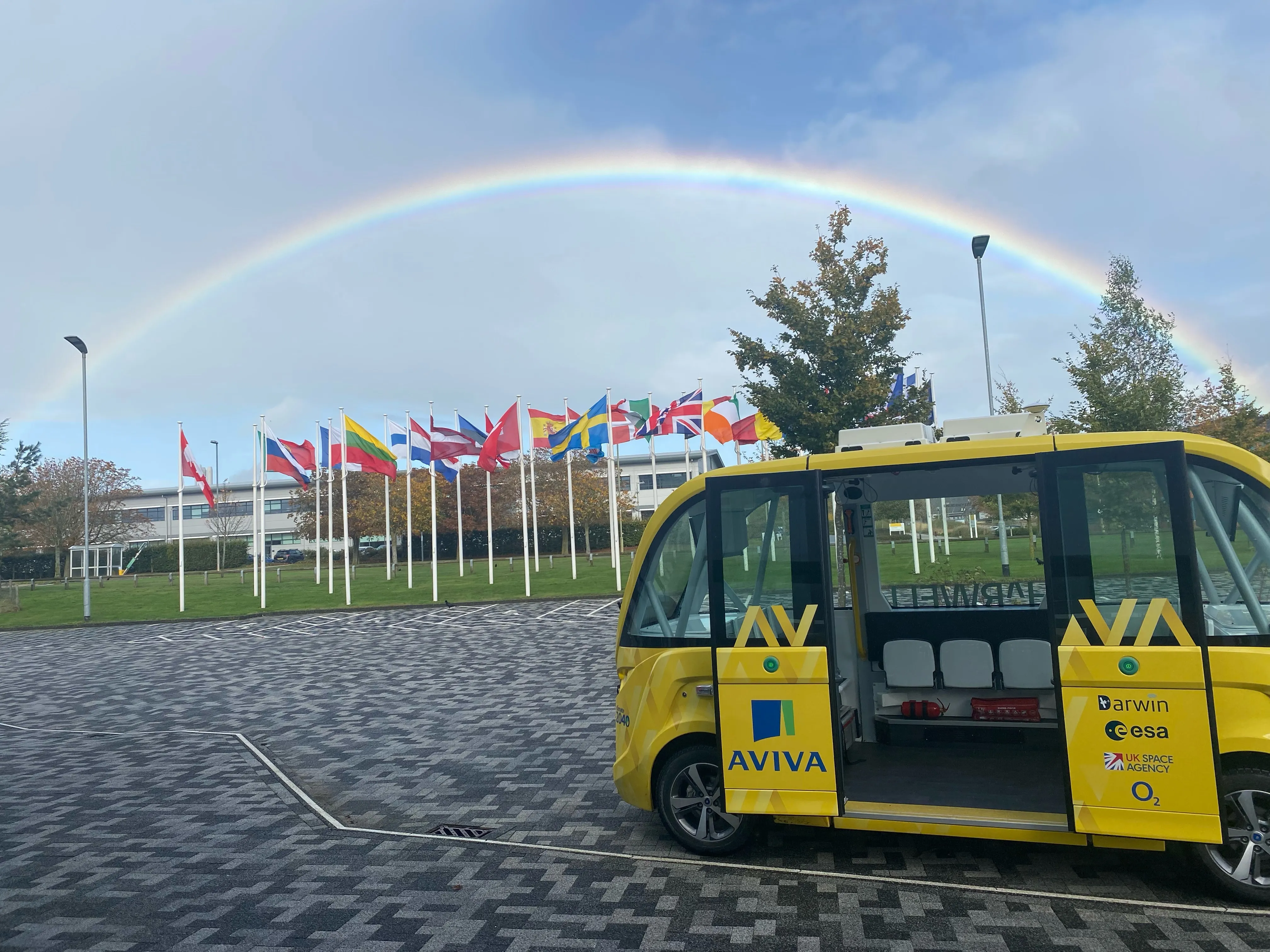Navya says ABM Greiffenberger’s three-phase induction motors will allow the company to transport passengers safely in its Autonom shuttle. The AC induction motor comes with an air cooling system and is intended be operated over a wide revolutions per minute (RPM) range.
The electric motor has an output of 15 kW in continuous operation with a peak output of 35 kW. The peak torque is 30 newton-metres and the maximum rotational speed is 8,000rpm.
Aymeric Dubois, test engineer, says the motor is maintena
July 20, 2018
Read time: 1 min
The electric motor has an output of 15 kW in continuous operation with a peak output of 35 kW. The peak torque is 30 newton-metres and the maximum rotational speed is 8,000rpm.
Aymeric Dubois, test engineer, says the motor is maintenance-free which keeps operating costs permanently low.
“Moreover, it is particularly smooth-running and thus provides for low noise emissions,” Dubois adds.









